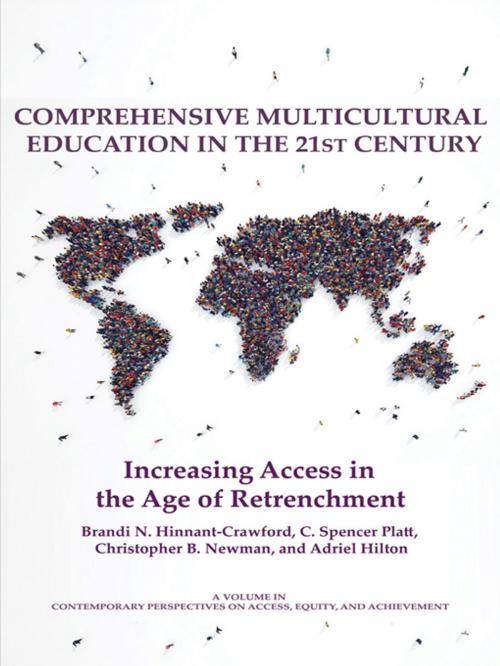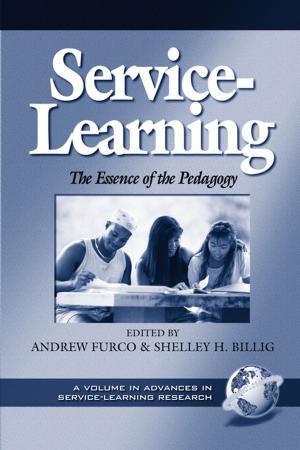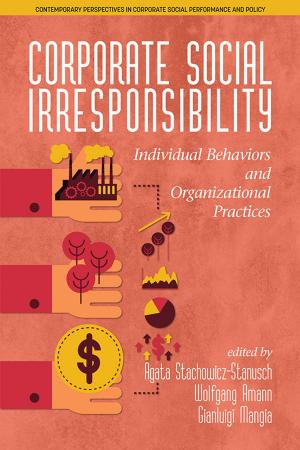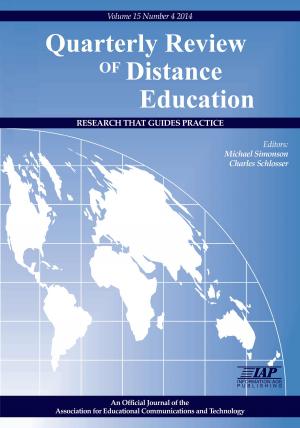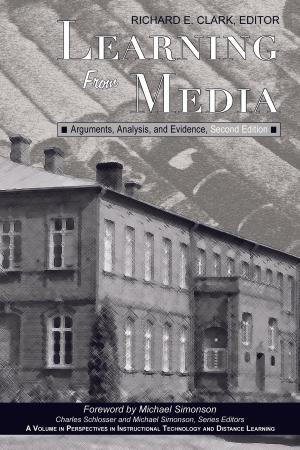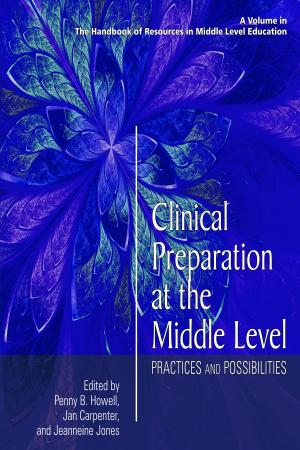Comprehensive Multicultural Education in the 21st Century
Increasing Access in the Age of Retrenchment
Nonfiction, Reference & Language, Education & Teaching, Educational Theory, Multicultural Education, Special Education, Administration| Author: | ISBN: | 9781641136310 | |
| Publisher: | Information Age Publishing | Publication: | April 1, 2019 |
| Imprint: | Information Age Publishing | Language: | English |
| Author: | |
| ISBN: | 9781641136310 |
| Publisher: | Information Age Publishing |
| Publication: | April 1, 2019 |
| Imprint: | Information Age Publishing |
| Language: | English |
Multicultural education has become its own discipline, developed on the shoulders of the work of giants who argued its merit during the attacks of opponents who believed assimilation was the purpose of state sponsored education. In an age of rising populism and nationalism throughout the Western world, again questioned is the merit of multicultural education. In the shadows of Brexit and an America First agenda, where migration patterns across the world have led to demographic shifts, it is evident even in the richest countries in the world that gaps in opportunity (and subsequently achievement) still exist. Disparities in achievement lead some to question whether multicultural education works and others to revert to old notions that ethnically and linguistically marginalized students are in fact deficient. The scholars here believe in the untapped potential of all children and illuminate how educational structures have muffled the cultivation of that potential. Contributors argue the goals of multicultural education have not been achieved in part due to the piecemeal application of its tenants. The scholarship in this volume illustrates the state of multicultural education and articulates what educators committed to equity, inclusion, and a more just society must do to ensure the goals of multicultural education survive in the current age. The authors of these chapters bridge foundational knowledge with contemporary understandings; making the work both accessible for novices and beneficial for the authorities on multicultural education. With the diverse cast of contributors and topics ranging from mathematics instruction to discipline practices, this volume provides thoughtful discourse on issues of access: access to curricular content, access to opportunities to learn, as well as impediments to access. Containing chapters that speak to discipline specific pedagogical practices, the structures of schooling, teacher education, and research methodologies, the collected work encourages scholars and practitioners to not be discouraged in the age of retrenchment.
Multicultural education has become its own discipline, developed on the shoulders of the work of giants who argued its merit during the attacks of opponents who believed assimilation was the purpose of state sponsored education. In an age of rising populism and nationalism throughout the Western world, again questioned is the merit of multicultural education. In the shadows of Brexit and an America First agenda, where migration patterns across the world have led to demographic shifts, it is evident even in the richest countries in the world that gaps in opportunity (and subsequently achievement) still exist. Disparities in achievement lead some to question whether multicultural education works and others to revert to old notions that ethnically and linguistically marginalized students are in fact deficient. The scholars here believe in the untapped potential of all children and illuminate how educational structures have muffled the cultivation of that potential. Contributors argue the goals of multicultural education have not been achieved in part due to the piecemeal application of its tenants. The scholarship in this volume illustrates the state of multicultural education and articulates what educators committed to equity, inclusion, and a more just society must do to ensure the goals of multicultural education survive in the current age. The authors of these chapters bridge foundational knowledge with contemporary understandings; making the work both accessible for novices and beneficial for the authorities on multicultural education. With the diverse cast of contributors and topics ranging from mathematics instruction to discipline practices, this volume provides thoughtful discourse on issues of access: access to curricular content, access to opportunities to learn, as well as impediments to access. Containing chapters that speak to discipline specific pedagogical practices, the structures of schooling, teacher education, and research methodologies, the collected work encourages scholars and practitioners to not be discouraged in the age of retrenchment.
